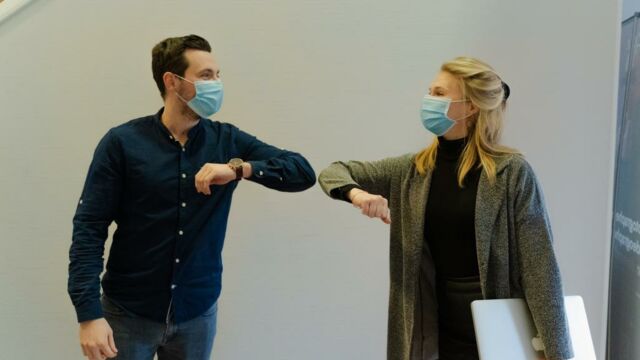Research led by a team of scientists from University College London, studied 58 people who worked in hospitals during the first wave and at high risk of a COVID-19 infection.
Discover our latest podcast
T cells: The miracle cure for corona?
During four months of observation, none of the 58 people involved in the study tested positive. But antibodies were not found in them either. During the same period, several colleagues of the study participants became infected.
In 20 of the participants, the scientists found elevated levels of T cells. T cells are blood cells in the bone marrow. They are produced there and subsequently play an important role in the body's defence against harmful substances. They do this by destroying cells that have been attacked by pathogens.
In 19 others, the immune protein IFI27 was detected, which could be an indication that the carriers had already come into contact with Sars-CoV-2. The protein suggests that the carriers were infected with the coronavirus, but that the virus was fought off too quickly by the immune system to spread. That is, before the coronavirus could do any damage to their body.
The T cells could be responsible for this. The authors of the study hypothesized that the T cells blocked a protein cluster of the virus that is responsible for reproduction.
Study raises many questions
The scientists see the proof for their thesis in the following comparison: all 58 participants had more T cells in their blood than a comparison group whose members had an infection.
The study leaves many questions unanswered, since there is no proof—other than timing—that the participants really had COVID-19 and that the infection was aborted by the T cells. Merely the fact that they were on the front lines fighting the virus during the first wave phase, however, is not proof enough of infection for some.















